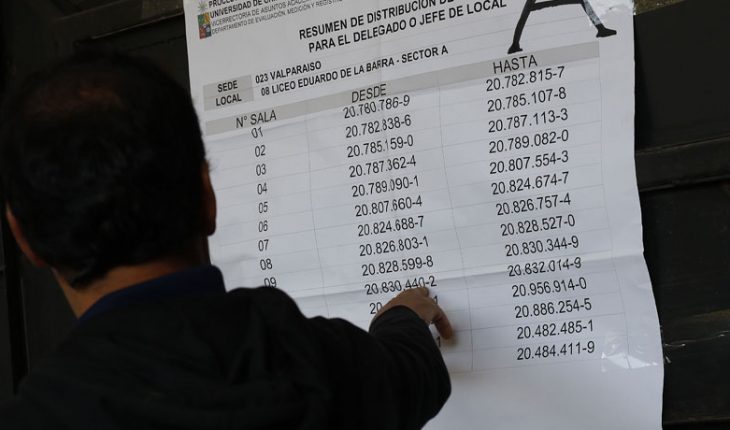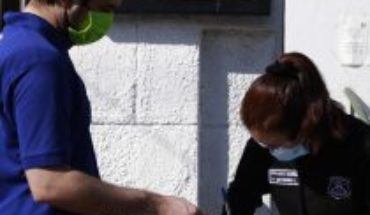A portion of the newly graduated middle-quarters and other higher education applicants will begin taking the College Transition Test (PTU) today. In addition to how stressful this process can be under normal conditions, this year applicants will do so in a pandemic context and will also have to face a different examination.
While the cards are already thrown out, after facsimiles answer those who take these tests have the right to relax, but this time many of the alternatives that young people usually take, such as the “Chao PSU” parties, will not exist. So, what can you do?
The infantojuvenil psychiatrist at Clínica Universidad de Los Andes, Dr. Andrea Aguirre, commented that freshly gave the test it is normal for some applicants to remain in a “half-nervous” state, but that this goes on with the hours.
When young people are calmer, the expert’s suggestion is that they “do pleasurable activities that they like. For example, who likes to draw, draw; who likes to play sports, play sports. And if others want to hang out with their friends they can also do so, as far as possible in the current situation. Today, many relax watching series.”
When thoughts about the test and the results of the test are presented to them, “it is good that they always have the idea of ‘I have it and I don’t get anything out of getting nervous’, Aguirre said.
Parents who want to support their children in this process, the psychiatrist suggested not to talk about the test. This, “unless the person is very focused on that and only talks about it. Then the subject is taken, welcomed and heard. You are asked what concerns you, what you imagine and, the key question, what could be the worst that could happen?”
Now, if parents see that there is an option to distract their child in a different way, the professional advised taking them for a walk and proposing other activities to make waiting for the results as pleasant as possible.
What is not advised?
According to Aguirre, one thing that is generally harmful is that young people check – or compare – test responses by talking to their peers through social media.
“I hope they don’t because is that going to solve something? No. Before doing some actions they have to wonder what they’re going to do it for or if they change something by doing it,” he said.
However, he said this depends heavily on the personality of the student or future student, since some believe it does help them lessen anxiety to know whether they responded well or not.
Clearing for doubts by searching notes, books or websites is also not recommended for the doctor, but it is much worse to compare the answers with the peers.





